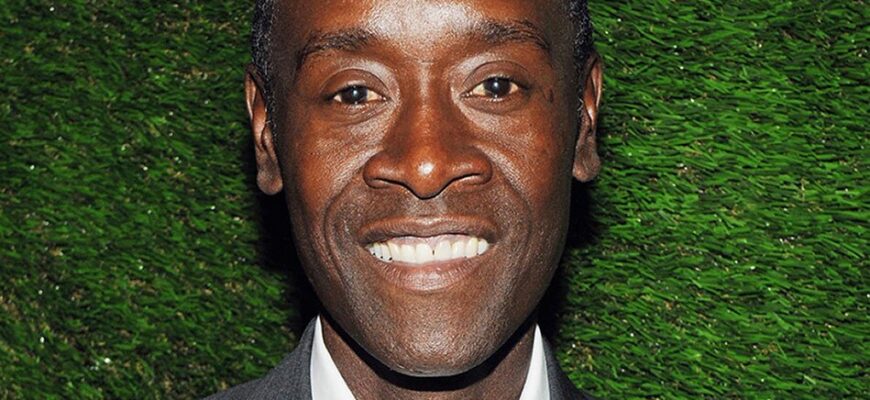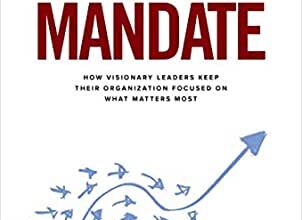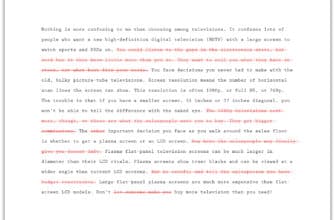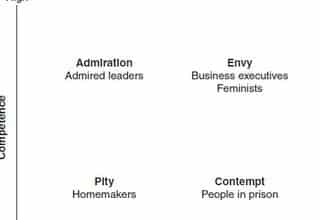Ever heard the saying, “No news is good news?” This may hold true in some situations but it is not a leadership mantra I recommend. Just last week, an employee was in my office complaining that she was given some harsh critiques from her supervisor. She was bothered by the content but even more upset that in 18 months of work, she’s never received any feedback, good or bad. Therefore, as far as she was concerned, she was doing a fine job. Don Cheadle experienced the same thing.
Acclaimed actor Don Cheadle is renown for his work on Devil in a Blue Dress, Ocean’s Eleven, House of Lies, Iron Man, and one of my favorites, The Rat Pack. He’s about to be known as a great director, as well. Cheadle is currently finishing his directorial debut in a biopic on legendary jazz musician Miles Davis entitled Miles Ahead.
To grow into the director role, Cheadle had to overcome a steep learning curve. One issue revolved around the topic of communication. For the first week of filming, Cheadle would rush through shots because he knew how much needed to get done by the end of day. Sometimes this anxiety was warranted, but many times he had the time to slow down without knowing it. As Cheadle discussed in a recent interview, this triggered a conversation with his producer.
She said, ‘Look, if I don’t come up to you and say there’s a problem, there’s not a problem.’ And I said, ‘Okay, I’m glad you said that to me because this is a communication thing. I can’t work in a negative. You have to come up to me and say we’re good, because if I don’t hear that, I’m just in panic mode. I don’t work off of what you aren’t telling me. I need you to tell me.’
There are many studies touting the value of positive reinforcement. In one, college students gave speeches to an audience that was either 1) nodding and smiling or 2) shaking their heads, furrowing their eyebrows, and crossing their arms. As expected, those in the “nodding and smiling” group scored higher than their counterparts. But what happens when there’s no reinforcement?
A lack of communication can mean a few things. The first is what my employee above experienced – “no feedback must mean I’m doing okay.” Then there’s Cheadle’s feeling that no feedback results in panic. Finally, there’s the individual who has told me, “No feedback means the leader doesn’t care… so why should I?”
Solving the communication conundrum is an easy fix. When delivering both good or bad news, you need to:
- Be specific. Provide a detailed description of the situation and how happy/concerned you are with their performance.
- Be timely. It’s only effective if it’s fresh.
- Be sincere. Your team knows when you’re lying so say what you mean.
- Be consistent. Performance improvement is gradual. Recognize the small steps that lead to overall improvement and address the small drops before someone fails beyond repair.
- Be unpredictable. When feedback becomes too expected, it loses its impact. Provide frequent input that is randomly dispersed.
Don’t be laissez faire with your leadership. Take an active role in your team’s development and progress. Provide constant feedback and follow up so they always know where they stand. After all, they can’t work off of what you aren’t telling them.








